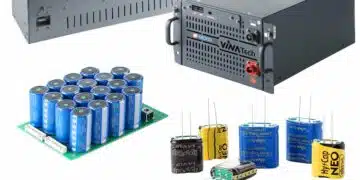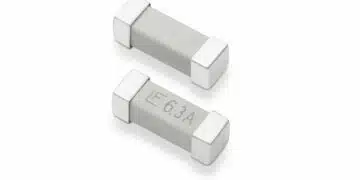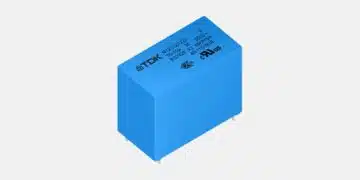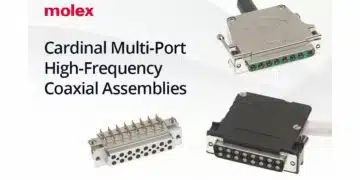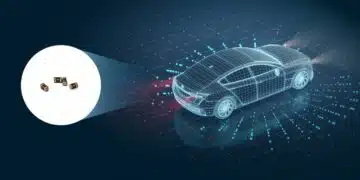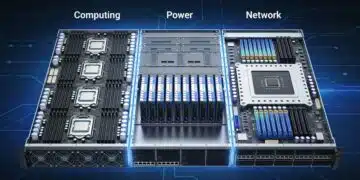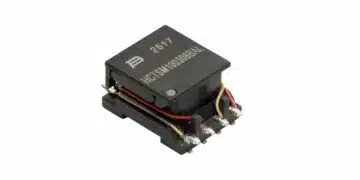TPC Technical Program Committee of the next 3rd PCNS Passive Components Networking Symposium scheduled for Sep 7-10th 2021 in Milano, Italy selected theme of the symposium: RELIABILITY & SUSTAINABILITY of PASSIVE COMPONENTS that will be elaborated in conference Workshop, Hot Topic Panel Discussion, Keynote and papers selection preferences. EPCI, the main PCNS organizer, questioned TPC members why they consider the theme so important for today’s passive electronic components and what shall be discussed within this topic in depth. The first interview is with TPC president, Mr. Luca Primavesi (LP), President of the Board of Itelcond company.
EPCI: What ideas, issues, concerns, directions has raised on your mind when TPC selected „Reliability & Sustainability of Passive Components“ as the 3rd PCNS theme ?
LP: Adding sustainability to reliability was a must, in my mind.
The last 12 months had taught us we have to put much more care on the way we interact with the ambient we are living in to allow all future generations, worldwide, to have a proper environment. This means we, academia and companies, have to join our efforts to overtake the current issues, which range from climate change to reuse and recycle, form access to health care to food waste. There are so many fields where, actually, we can intervene that I strongly believe it will not be difficult to get astounding results immediately.
Passive components are at the very beginning of the supply chain; this means they are usually reacting to the requests rising from the market. Not this time!
EPCI: What topic you would recommend for the Hot Panel Discussion and Why ?
LP: The stakeholders in passive components, as any other professional, are used to assess the risk of their field of expertise and the sustainability was a hot topic for everybody; therefore, this time, it was easy to be proactive on this subject.
The real hot topic in the panel will not be… a single topic.
In my opinion, the real challenge will be to work on both the topics, jointly; only if we start right now to make choices with the aim of a sustainable reliability, we can correctly address things in a near future.
EPCI: You are working for Itelcond company as president of the board. Can you comment what is hot/upcoming from your position relevant to the TPC theme?
LP: With this aim, the first step of reliability and sustainability of passive components is the assessment under the EN50693 (Product category rules for life cycle assessments of electronic and electrical products and systems) that shall give a clear picture of the needs of any single product; this have to be considered among the multiple driver for R&D choices.
EPCI: How is your company going to address this topic during PCNS ?
We are active part in the participating to PCNS workshop “Reliability and sustainability assessment of materials involved in passive components” organized by Politecnico di Milano, possibly with a paper in addition as a case study.
Itelcond is a proud sponsor of PCNS ! And EPCI passive components member.
EPCI: Thank you Luca and lets hope in best that we can meet live at PCNS in Milano in September
Luca Primavesi can be reached at his LinkedIn profile. Luca has also served EPCI as an advisor since 2017.
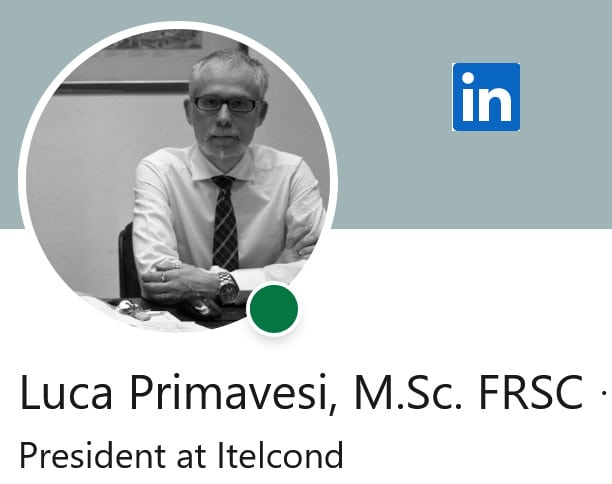
see more about PCNS on its website:
be active in passives ! join us and submit your paper abstract online:
About
PCNS Passive Components Networking Symposium is a bi-annual international symposium organized by EPCI European Passive Components Institute in co-operation with an European university. 3rd edition of the PCNS Passive Components Networking Days Symposium scheduled for September 7-10th, 2021 in Milano, Italy is hosted by Department of Chemistry, Materials and Chemical Engineering “Giulio Natta” and Department of Electronics, Information and Bioengineering of Politecnico di Milano. It is intended as a live event with speakers present with streaming options for virtual attendees. In worst case, the PCNS will move to virtual event; all registered attendees will get hard printed ISBN Proceedings (by mail post in virtual case).


